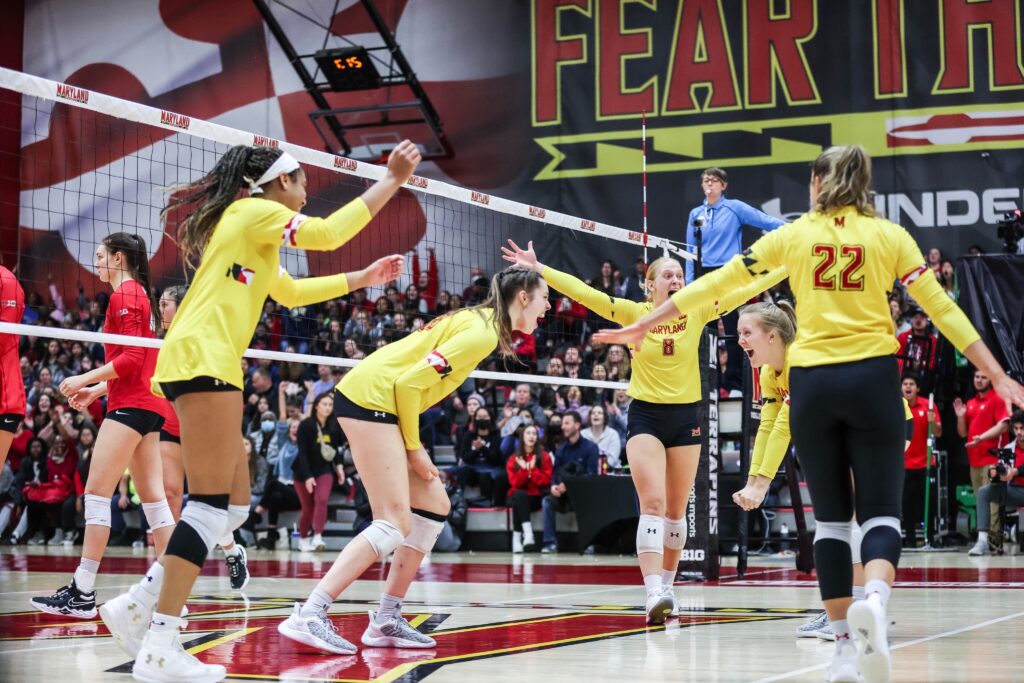
The sports industry is experiencing significant evolution, driven by advancements in technology, changes in consumer behavior, and a growing focus on inclusivity and sustainability. Several key trends are shaping the future landscape of sports, each bringing unique opportunities and challenges.
Increased Use of Advanced Analytics and AI
A prominent trend identified in the sports industry is the growing integration of prescriptive analytics and artificial intelligence (AI). In 2024, approximately 79% of sports professionals anticipate that prescriptive analytics will be crucial in enhancing sports performance. This technology enables real-time adjustments to training programs based on comprehensive data analysis, significantly improving strategic decision-making processes[1][7]. The incorporation of machine learning is expected to inform training loads, injury prevention strategies, and performance optimization, allowing teams to maximize athlete potential while reducing risks[7].
Furthermore, generative AI is anticipated to permeate various aspects of the sports experience, from fan engagement to operational efficiencies. Sports organizations are exploring innovative applications involving content generation, live sports coverage, and even player evaluation[2][4]. These technological advancements not only enhance the viewer experience but also streamline internal processes by automating routine tasks, driving greater efficiency across the sector.
Focus on Women’s Sports

The growth of women’s sports represents another significant shift. Nearly 80% of industry experts believe that there will be an increased focus on women’s sports analytics, with more technological investments aimed at improving performance and visibility[1][7]. The recent successes in women’s competitions have attracted substantial media attention and investment, catalyzing a push towards greater inclusivity within the sports industry. Events like the FIFA Women’s World Cup and the increasing popularity of leagues such as the WNBA underscore the advantages of leveraging data analytics specific to women athletes and teams[6].
Enhanced Engagement Through Fan-Centric Solutions
As sports organizations prioritize connecting with their audiences, there is a marked emphasis on personalized fan experiences. Teams are increasingly utilizing fan data to craft targeted marketing strategies and enhance overall engagement. This use of big data reflects a shift toward creating proprietary databases that allow organizations to better understand and cater to their fans' preferences[2][8]. By focusing on personalized communication, brands aim to cultivate loyalty among fans, who are becoming more selective about the sports they engage with.
Moreover, the integration of immersive technologies such as augmented reality (AR) and virtual reality (VR) into the fan engagement strategy is anticipated to enhance the match-day experience dramatically. These technologies are being employed not just for in-stadium experiences but also for virtual events and interactions, keeping fans connected to their teams at all times[9].
Investment in Sustainability

Sustainability and inclusivity are increasingly becoming central themes in the planning and execution of sports events. Major tournaments like the UEFA EURO 2024 and the Paris Olympic Games (2024) are committed to embedding sustainability into their operational frameworks. The emphasis on reducing the ecological footprint and promoting inclusive practices aims to reflect and respond to the growing societal focus on climate change and social equity[4][6]. This trend not only affects event management but also extends to how organizations strategize their long-term goals and engage with stakeholders.
The Evolution of Sports Economics
The economics of sports is also undergoing substantial transformation. Traditional revenue streams, such as sponsorships and ticketing, are being re-evaluated alongside emerging avenues like global marketing and multi-use venues[2][3]. Organizations are diversifying their revenue strategies to include direct-to-consumer models and enhanced international engagement, reflecting the changing landscape of sports consumption and the fan experience.
Importantly, sports brands are also utilizing AI and media technology to enable better targeting of advertisements and sponsorships, thereby optimizing their marketing spend while enhancing their brand visibility and reach[4][8]. The participation of diverse stakeholders, such as private investors and tech companies, is further expected to drive innovation and growth across the sports ecosystem, particularly in areas previously untapped.
Conclusion
As we look ahead, the sports industry is set to navigate a rapidly evolving landscape characterized by technological advancements, a focus on sustainability, and inclusivity. The trends identified reinforce the idea that organizations must adapt to remain relevant in a competitive market. By embracing these changes, from leveraging AI to adopting new economic models, the sports world is poised for a transformative 2024, with the potential to redefine how fans and athletes engage with their favorite sports.
Get more accurate answers with Super Pandi, upload files, personalized discovery feed, save searches and contribute to the PandiPedia.
Let's look at alternatives:
- Modify the query.
- Start a new thread.
- Remove sources (if manually added).